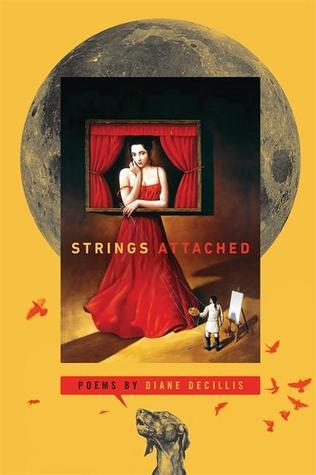What do you think?
Rate this book


94 pages, Paperback
First published May 1, 2014
I look out the window, wonder if this FrenchThis is my first finished work for 2016: The Year of Reading Women of Color. 'Twas a good start.
liqueur has influenced the way I see the leaves
sprouting from baby green to sage adolescence—
the color of risk & knowing. Absinthe: bitter
wormwood of silvery leaves and nodding
flowers. Blend aromatic fennel, star anise,
juniper, and dittany. Add lemon balm,
angelica, hyssop, coriander and macerate
until narcotic green. Van Gogh poured
its color onto canvas, thick impastos of ochre
and emerald spilling into The Night Café.
Hemingway, Wilde, Poe, and Baudelaire
reached for its ripe graphic fruit, a prickly
essence prodding openings for poems
and stories. The leaves in my yard
flutter like café awnings. I imagine
Lautrec, his hollow cane filled with
absinthe, its heady anise perfume—
Gauguin driven by it to make his colors
bolder. Artists and poets gathering
for the green hour. Picasso lifts his glass,
If only we could pull out our brains
and use only our eyes, toasting La Fée Verte,
nymph who makes his wish come true.
-'Artemisia Absinthium'